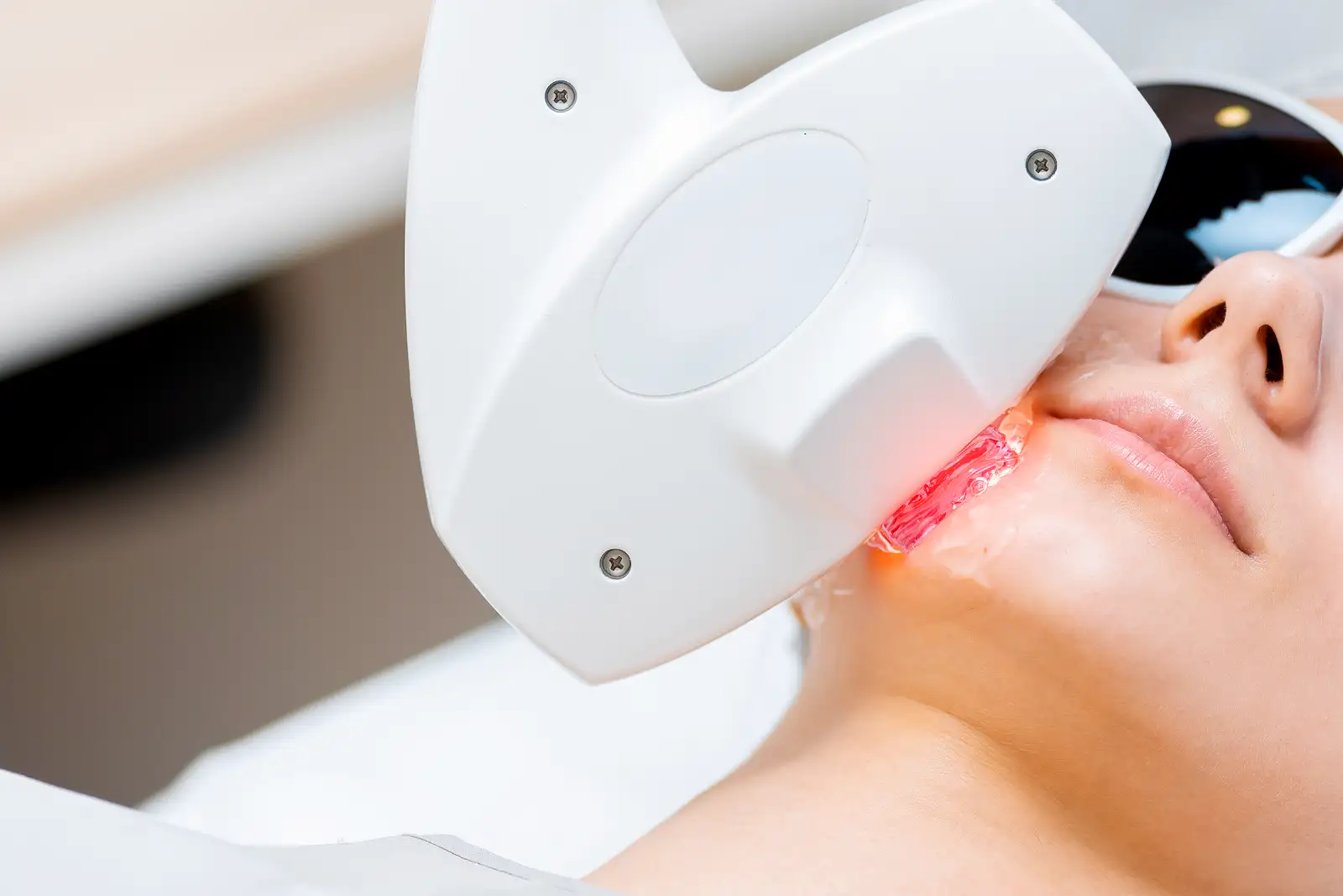When the sebaceous glands that are present beneath specialized hair follicles produce oil excessively, it causes localized inflammations on the skin which is referred to as acne.
During puberty, the oil glands are triggered by the male hormones that are produced in the adrenal glands.
It occurs in both male and female bodies. When the cells grow to block the opening of the sebaceous glands, there will be a mounting of oil underneath the skin. Finally when the follicle ruptures due to excessive build-up, the bacteria present on the skin feasts on the oil and multiplies causing inflammation and redness on the localized portion of the skin.
It is clinically advised to seek the best acne treatment at the very onset of the inflammation.
There are different types of acne
If the inflammation remains to be merely on the surface level, then it is called a pustule. In the case where the inflammation is deeper, such a form of acne is medically referred to as papule which in common man terms is called a pimple. On the other hand, if the root of the inflammation is way beneath the surface level, it gives rise to the third type of acne: which is the cyst.
Unlike the popular misconception, acne is not a trivial skin inflammation that can be cured using home remedies. Without getting adequate acne treatment, the patient will be left with severe scars and inflammation throughout the face and the body.
What causes acne?
- One main reason for acne to occur is due to the blockage of the opening of the sebaceous glands by dead skin cells.
- Hormone variations are another leading causal factor for the outbreak of acne.
- Bacterial infection of the oil produced by the sebaceous glands can cause aggravated acne to appear.
- Stress has been scientifically proved to be a trigger for acne surfacing on the skin.
- Effective laser treatment for acne
- Laser treatments for acne have become increasingly popular in recent years, as they have been shown to be effective in treating a variety of acne scars. Laser treatments work by emitting light energy that targets and destroys damaged skin cells. This can help to reduce the appearance of scars, improve skin texture, and even out skin tone.
- There are five main types of laser treatments for acne
- Blue, red, and blue + red light devices: These devices use blue and red light to kill acne-causing bacteria and reduce inflammation. They are most effective for treating mild acne, such as papules and pustules.
- Non-ablative laser resurfacing: This type of laser treatment uses heat to stimulate collagen production and improve skin texture. It is effective for treating mild to moderate acne scars.
- Fractional laser treatment: This type of laser treatment uses tiny beams of light to create microscopic holes in the skin. This stimulates the growth of new, healthy skin cells, which can help to improve the appearance of acne scars.
- Ablative laser resurfacing: This type of laser treatment removes the top layer of skin, revealing the new, healthy skin underneath. It is effective for treating deep acne scars, but it is also the most invasive type of laser treatment.
- The best type of laser treatment for acne will depend on the individual’s specific needs and the severity of their acne scars. It is important to consult with a dermatologist to determine the best treatment option for you.
- What to Expect During and After Laser Treatment for Acne
- Laser treatment for acne is typically performed in a dermatologist’s office. The procedure is usually quick and painless. During the treatment, a laser device is used to deliver light energy to the skin. The laser may be used to target specific areas of the skin or to treat the entire face.
- After laser treatment, the skin may be red, inflamed, and sensitive. It is important to follow your dermatologist’s instructions for caring for your skin after the treatment. This may include avoiding sun exposure, using a gentle cleanser and moisturizer, and applying sunscreen frequently.
- Most people see results from laser treatment for acne within a few weeks. However, it may be necessary to have multiple treatments to achieve the desired results.
- If you are considering laser treatment for acne, be sure to talk to your dermatologist to see if it is the right treatment for you.
Also Read : Discover the Benefits of Dermatologist for Acne Treatments
